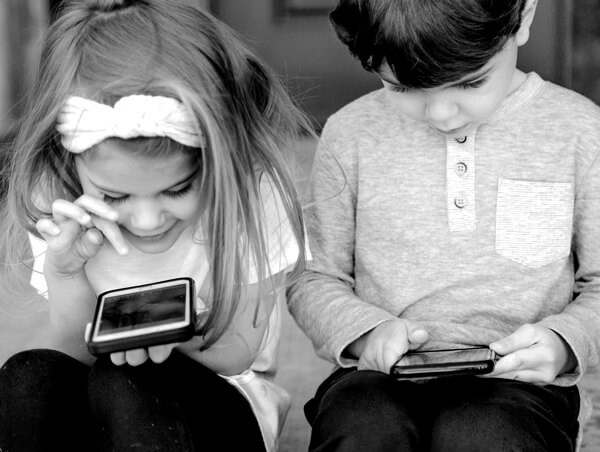
Paediatric Audiologist, Natalie Stephenson, shares her experience working with children and young people, the impact of lockdown and the value of patient-centred care, throughout the COVID-19 pandemic.
Am I glad that I know The Gruffalo off by heart? Yes, I am. Throughout the COVID-19 global pandemic I have entered the homes of children and young people up and down the country, all courtesy of technology, enabling me to stay connected to my young patients.
The lockdown has impacted on all our lives but, for children and young people, the rapid change to their routines has almost certainly had an impact on their thoughts, feelings and, consequently, their behaviours. Many children and young people have not seen another person outside their home, except perhaps a neighbour or relative over video call, for months. They have not even been to the supermarket. That is massive from a psychological-emotional standpoint, which is why if ever there was a necessity for person-centred care this is the time. Person-centred is the only care that makes sense; it is a holistic response. During the lockdown, I have carried out video follow-ups with my paediatric patients. Remote aural rehabilitation with children can be a challenge, especially with young ones, but with a sprinkle of creativity you can make it work, particularly with video call. Yes, there have been some beautiful moments. With the help of Julia Donaldson’s The Gruffolo story, I read my way through a session and the youngster kept their Baha on whilst listening to the story.

Leaving young people feeling empowered because I have spoken with them, not to them; singing nursery rhymes with fretful pre-schoolers to bring reassurance; ensuring parents feel heard and understood, especially during this unprecedented isolation; and interacting with each individual person on a human level first and foremost, are all vital elements in my work. Whilst casting ourselves via video may be the next best thing, I would not want to become too familiar with it. Telehealth in a context where patients have freedom to choose is one thing; it being the only possible means of interaction, as in this lockdown context, is another. It is great for following up with patients who you know well and who you have met face to face. But it's no substitute for meeting with the patient and having them in the same physical space, especially for youngsters for whom acceptance of aiding is an issue.
However, let's ensure we don't lose focus on person-centred care. They are not patients by choice, but by circumstance. Many youngsters experience issues of acceptance regarding their hearing aids and they deserve the best patient journey experience. Aiding is one of the few things that the young person may have an element of control over regarding their bodies, and encouraging good self care in that regard from an early stage is crucial.
We all know, in no uncertain terms, auditory (sound) stimulation is exercise for the brain. It encourages cognitive wellness, therefore keeping mental faculties stimulated. Cultivating strong counselling abilities and empathy enable us to work with our young hearing aid users to unravel their thoughts and feelings around their hearing, tinnitus and Bahas/hearing aids. It is vital to me that I help to enable young people with hearing loss to feel confident in navigating their world.
The impact of the lockdown will have far-reaching consequences for years to come. It is my job to mitigate that where I can by ensuring hearing loss and its impact on wellbeing is minimised.
During lockdown, I was unable to utilise my practical clinical skills, as there was no testing.
It meant the focus was on the child or young person as a whole. There was no room to manoeuvre; you had to take a holistic approach. Checking in and being a reassuring presence was exactly what many of them needed. During this time of uncertainty and unprecedented loss, empathy and compassion was the best medicine.




